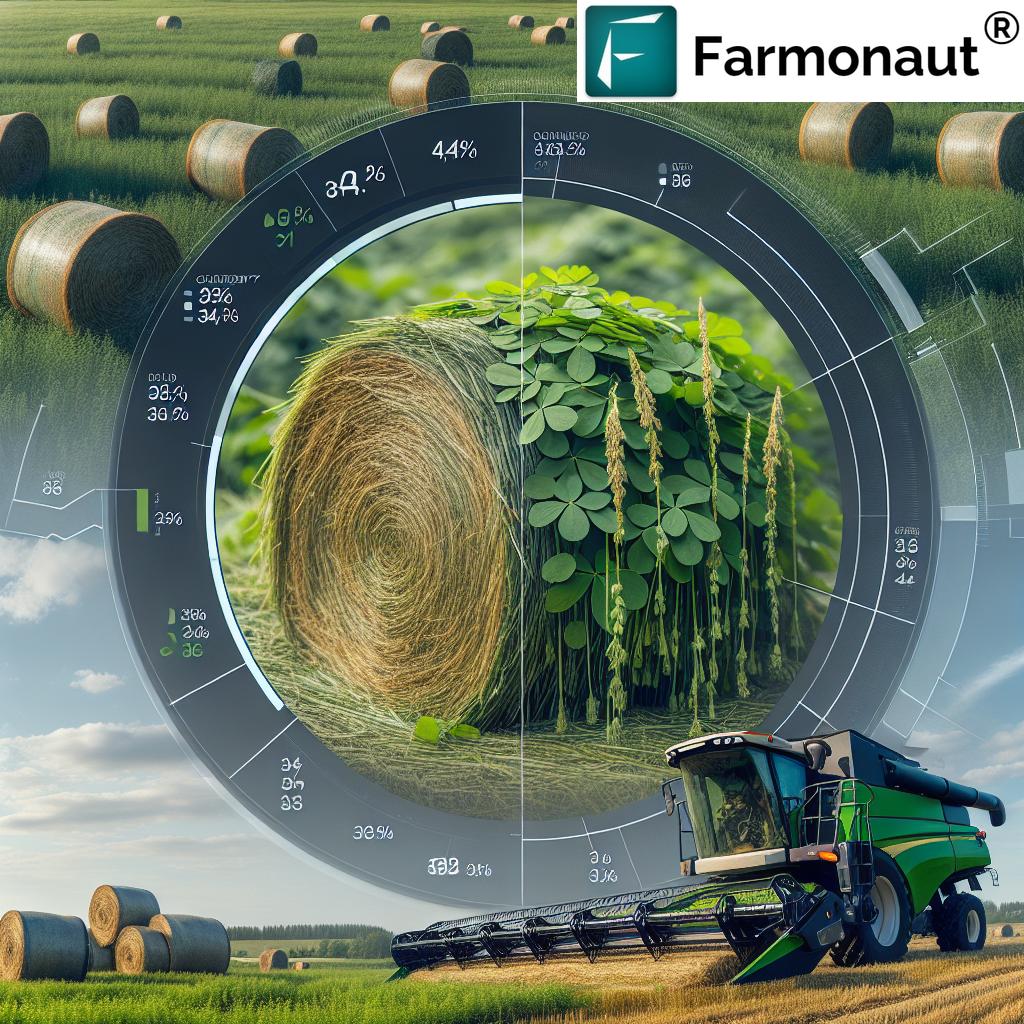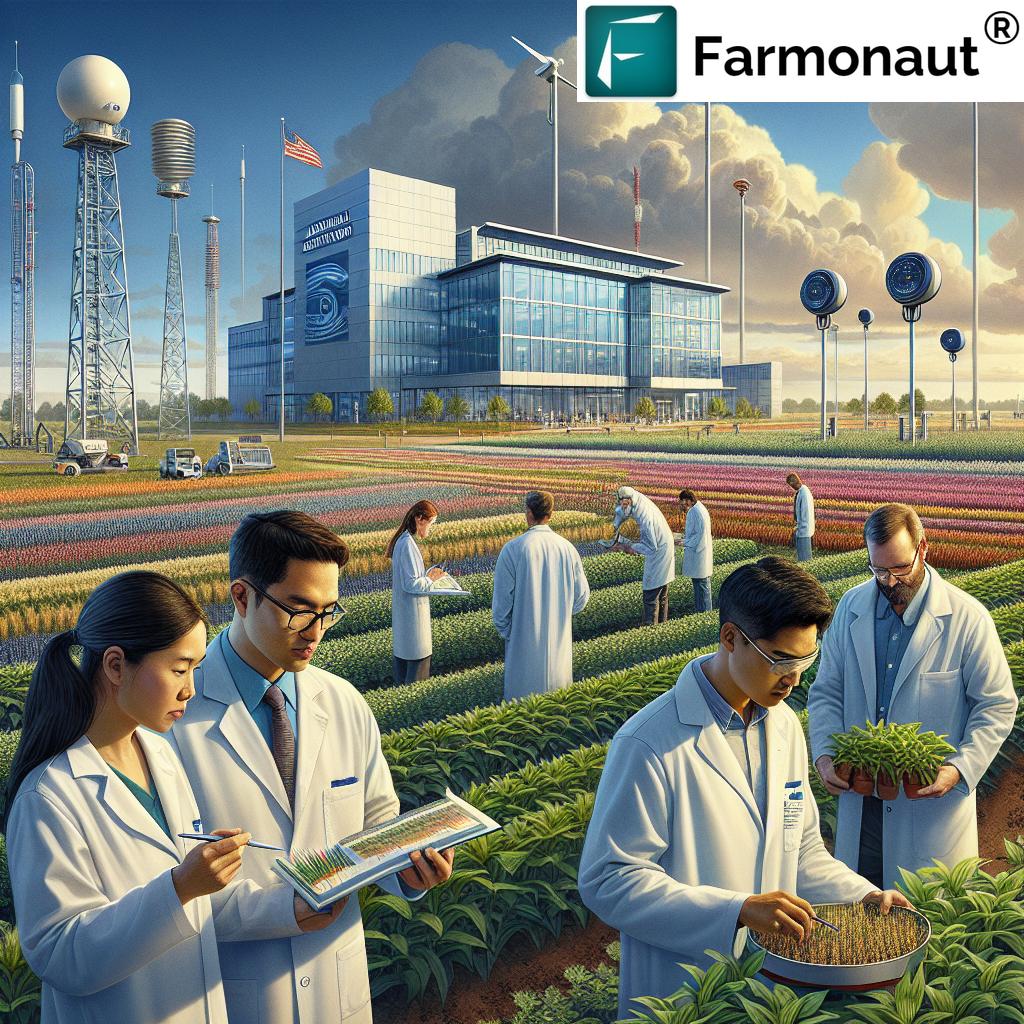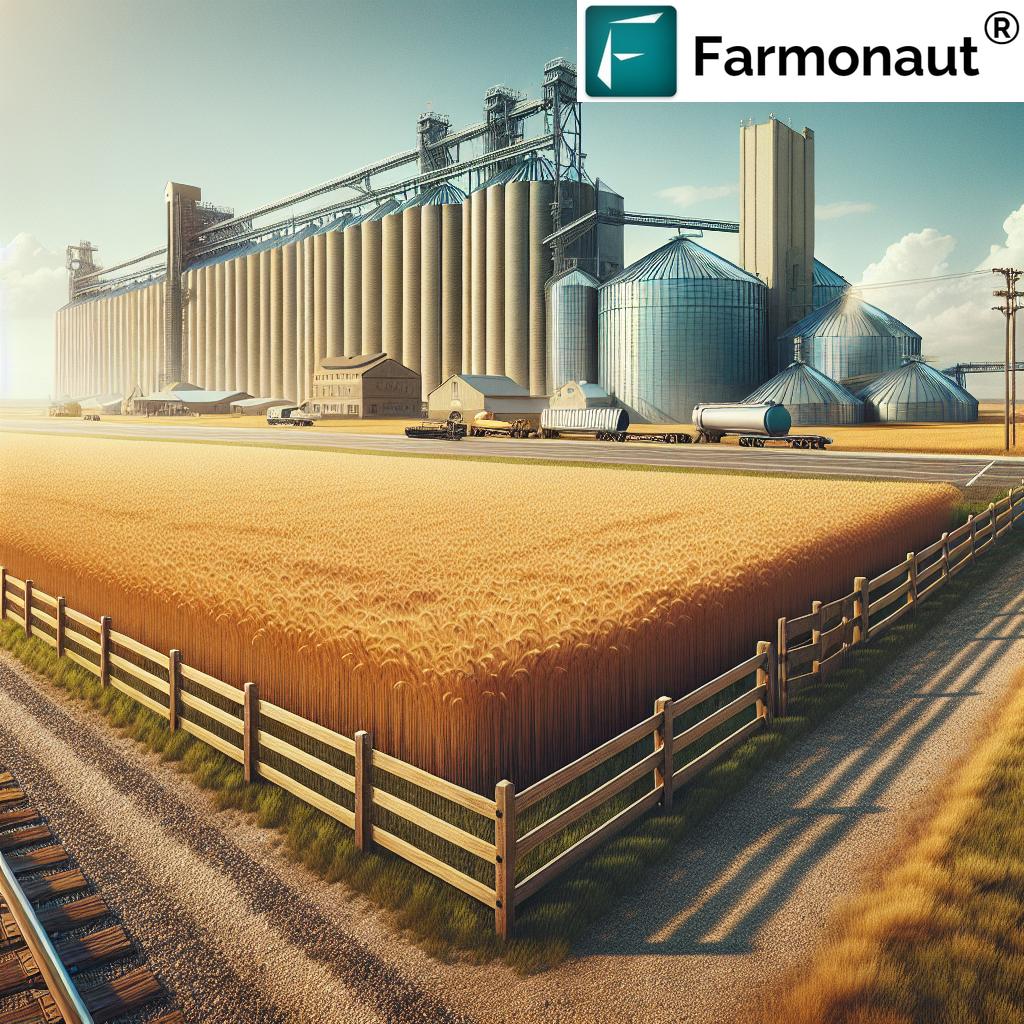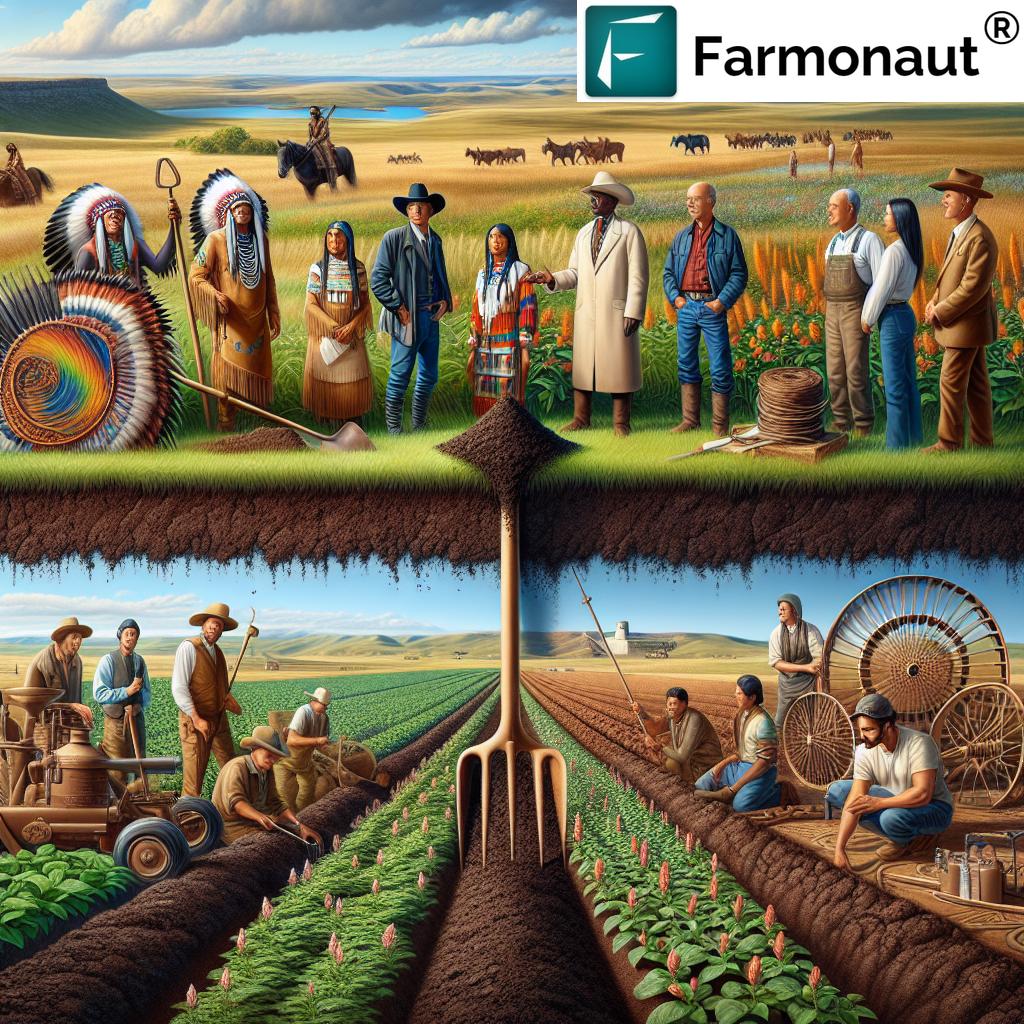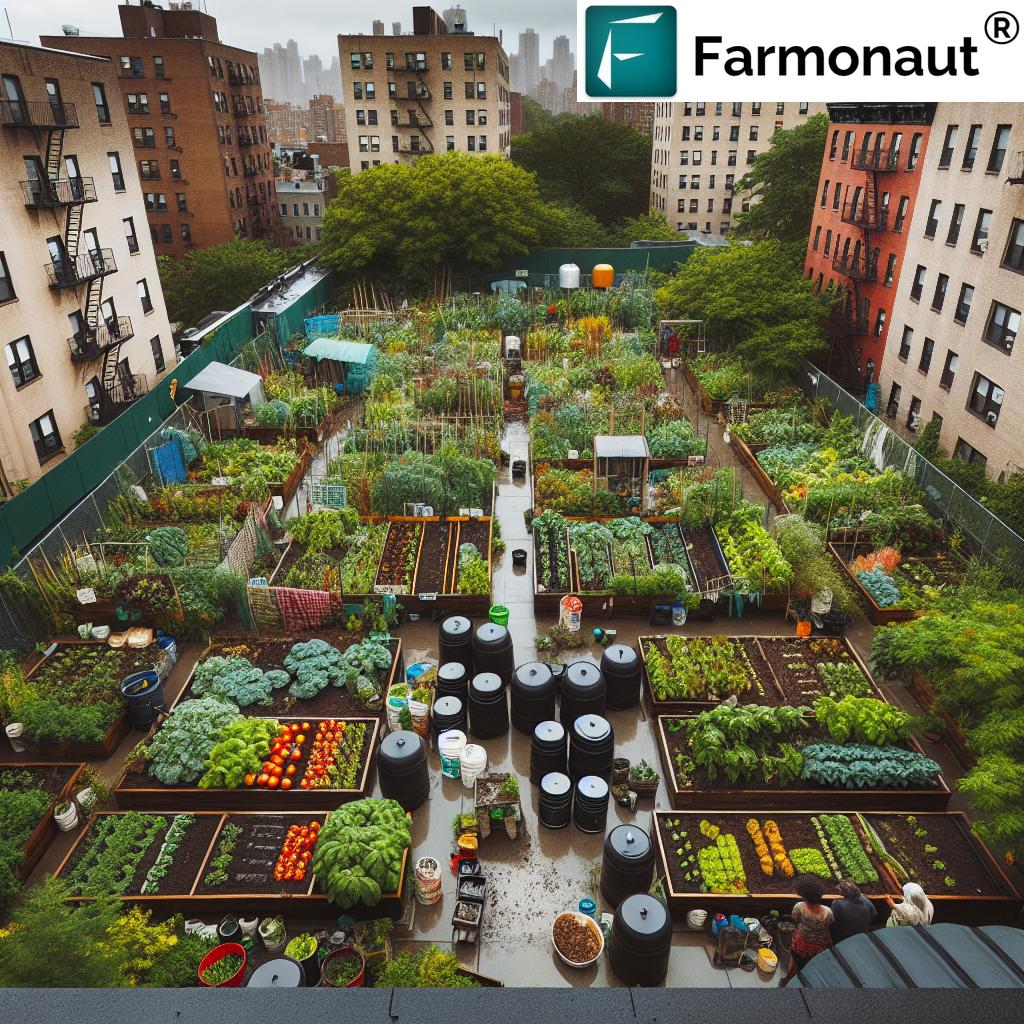Navigating the Roller Coaster: Economic Challenges and Opportunities for Virginia Farmers in 2023

“Black Swan” and “Gray Rhino” events significantly impact 90% of farm financial management decisions.
As we dive into the complex world of agricultural economics in 2023, Virginia farmers find themselves on a roller coaster ride of challenges and opportunities. In this comprehensive guide, we’ll explore the intricate landscape of farm economics, focusing on the unique situations faced by farmers in the Old Dominion state. From the rolling hills of the Shenandoah Valley to the coastal plains of the Tidewater region, Virginia’s diverse agricultural sector is feeling the effects of global economic trends, climate change, and technological advancements.
We’ll examine how “Black Swan” and “Gray Rhino” events are shaping the future of the agriculture industry and provide insights on effective farm business strategies to weather market volatility. Join us as we navigate through the economic challenges in farming and uncover the exciting opportunities that lie ahead for Virginia’s agricultural community.
Understanding the Economic Landscape for Virginia Farmers
The agricultural sector in Virginia is a cornerstone of the state’s economy, contributing billions of dollars annually and providing employment for thousands. However, the industry faces a myriad of economic challenges that require careful navigation and strategic planning.
- Market Volatility: Fluctuating commodity prices create uncertainty for farmers.
- Input Costs: Rising prices for fertilizers, seeds, and equipment squeeze profit margins.
- Labor Shortages: Finding skilled workers remains a persistent challenge.
- Climate Change: Unpredictable weather patterns affect crop yields and livestock health.
Despite these challenges, opportunities abound for those willing to adapt and innovate. Let’s delve deeper into how Virginia farmers can leverage these opportunities to strengthen their operations.
The Impact of “Black Swan” and “Gray Rhino” Events
In the world of agricultural economics, two types of events can significantly impact farm financial management: “Black Swan” and “Gray Rhino” events.
- Black Swan Events: These are rare, unpredictable occurrences with severe consequences. The COVID-19 pandemic is a prime example, disrupting supply chains and altering consumer behavior.
- Gray Rhino Events: These are highly probable, high-impact threats that are often neglected. Climate change and its effects on agriculture fall into this category.
Understanding and preparing for these events is crucial for Virginia farmers to maintain resilience in the face of uncertainty. By implementing robust risk management strategies and staying informed about global trends, farmers can better position themselves to weather unexpected storms.
Leveraging Technology for Farm Financial Management
In today’s digital age, technology plays a pivotal role in farm financial management. Precision agriculture technology, in particular, offers tremendous potential for optimizing operations and improving profitability.
“Precision agriculture technology can increase crop yields by up to 30% while reducing input costs by 20%.”
One company at the forefront of this technological revolution is Farmonaut. Their satellite-based farm management solutions provide valuable insights for farmers, helping them make data-driven decisions to improve efficiency and productivity.
Farmonaut’s platform offers:
- Real-time crop health monitoring
- AI-based advisory systems
- Resource management tools
By leveraging these technologies, Virginia farmers can gain a competitive edge in the marketplace and improve their bottom line.
Sustainable Farming Practices: A Key to Long-term Success
As consumers become increasingly conscious of environmental issues, sustainable farming practices are no longer just a trend but a necessity. Virginia farmers who adopt sustainable methods can not only reduce their environmental impact but also open up new market opportunities.
- Crop Rotation: Improves soil health and reduces pest pressure
- Cover Cropping: Prevents soil erosion and enhances nutrient retention
- Integrated Pest Management: Reduces reliance on chemical pesticides
- Water Conservation: Implements efficient irrigation systems
These practices not only benefit the environment but can also lead to cost savings and improved crop yields over time. Additionally, they can help farmers tap into premium markets for sustainably produced goods.
Diversification: Spreading Risk and Expanding Opportunities
Farm diversification is a crucial strategy for managing risk and creating new income streams. Virginia farmers have several options for diversifying their operations:
- Agritourism: Opening farms for tours, pick-your-own experiences, or farm stays
- Value-Added Products: Processing raw farm products into jams, cheeses, or other goods
- Alternative Crops: Exploring niche markets like hemp or specialty vegetables
- Renewable Energy: Installing solar panels or wind turbines on farmland
By diversifying, farmers can reduce their reliance on a single crop or market, creating a more stable and resilient business model.
Navigating Agricultural Market Volatility
Market volatility is an ever-present challenge in agriculture. To navigate these turbulent waters, Virginia farmers can employ several strategies:
- Futures Contracts: Lock in prices for crops before harvest
- Crop Insurance: Protect against yield losses due to adverse weather or market conditions
- Storage Facilities: Hold crops to sell when prices are more favorable
- Direct Marketing: Build relationships with consumers to ensure steady demand
By implementing these strategies, farmers can better manage risk and protect their income in the face of market fluctuations.
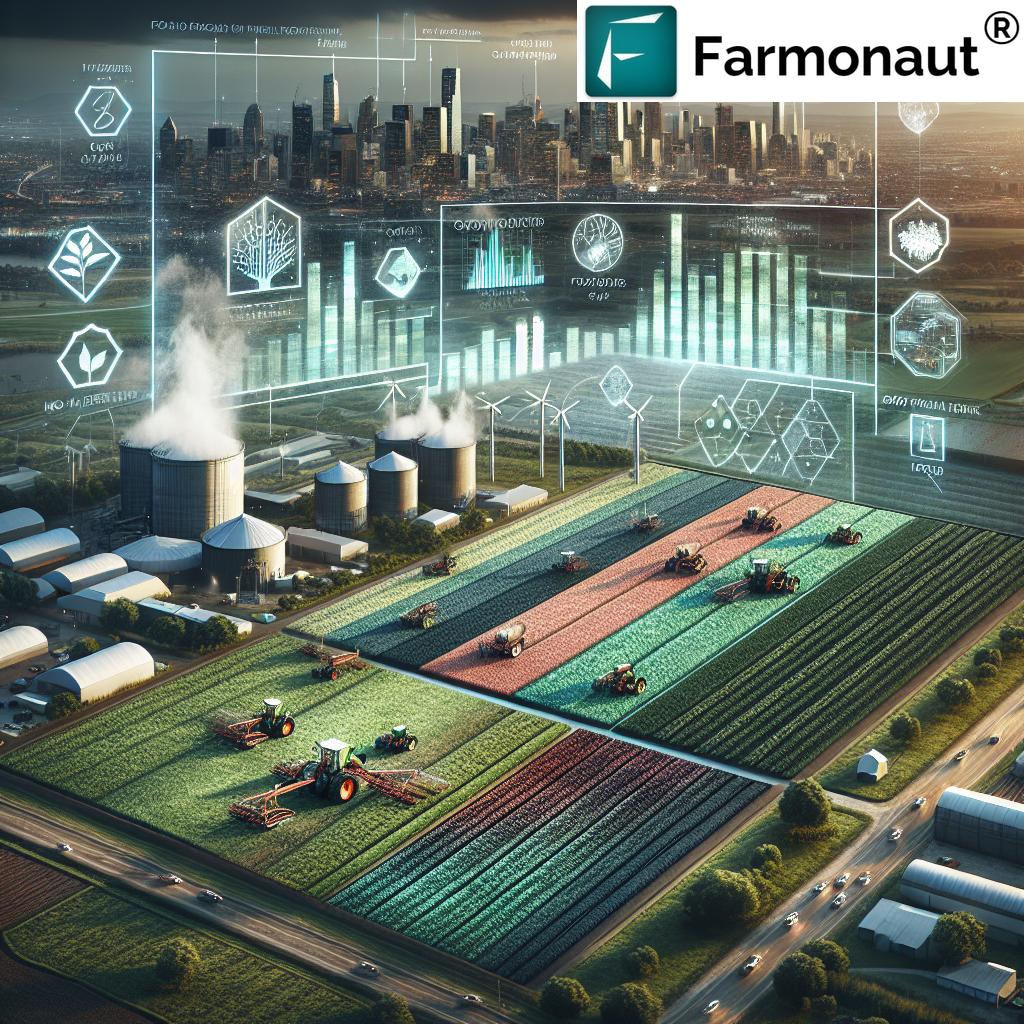
Embracing Precision Agriculture for Optimal Resource Management
Precision agriculture is revolutionizing the way farms operate, allowing for more efficient use of resources and improved decision-making. Farmonaut’s satellite-based solutions are at the forefront of this technological advancement.
Key benefits of precision agriculture include:
- Optimized input use (fertilizers, water, pesticides)
- Improved crop yields
- Reduced environmental impact
- Enhanced farm profitability
By adopting precision agriculture technologies, Virginia farmers can make data-driven decisions that lead to more sustainable and profitable operations.
The Role of Government Programs and Policies
Government programs and policies play a significant role in shaping the economic landscape for Virginia farmers. Understanding and leveraging these programs can provide valuable support and opportunities:
- Farm Bill Programs: Provide risk management and conservation incentives
- State-level Initiatives: Offer grants and support for specific agricultural sectors
- Trade Policies: Impact export opportunities and market access
- Environmental Regulations: Influence farming practices and compliance costs
Staying informed about these programs and actively participating in policy discussions can help farmers advocate for their interests and take advantage of available support.
Building Resilience Through Education and Networking
Continuous learning and networking are essential for building resilience in the face of economic challenges. Virginia farmers can benefit from:
- Agricultural Extension Programs: Provide valuable research and education
- Industry Conferences: Offer opportunities to learn about new trends and technologies
- Farmer Networks: Facilitate knowledge sharing and collaboration
- Online Resources: Access to webinars, podcasts, and digital learning platforms
By staying informed and connected, farmers can adapt more quickly to changing conditions and seize new opportunities as they arise.
The Future of Agriculture in Virginia
As we look to the future, several trends are likely to shape the agricultural landscape in Virginia:
- Increasing adoption of precision agriculture technologies
- Growing demand for locally sourced and sustainably produced food
- Continued focus on climate-resilient farming practices
- Emergence of new markets, such as plant-based proteins and biofuels
By staying ahead of these trends and embracing innovation, Virginia farmers can position themselves for success in the years to come.
Leveraging Data for Better Decision Making
In today’s digital age, data is king. Virginia farmers who harness the power of data can make more informed decisions and improve their overall operations. Farmonaut’s satellite-based solutions provide valuable data insights that can be leveraged in several ways:
- Crop Health Monitoring: Identify issues early and take proactive measures
- Yield Forecasting: Make informed marketing and storage decisions
- Resource Allocation: Optimize the use of water, fertilizers, and other inputs
- Historical Analysis: Identify trends and patterns to inform future planning
By integrating data-driven decision-making into their farm management practices, Virginia farmers can enhance efficiency, reduce costs, and improve profitability.
For developers looking to integrate agricultural data into their applications, Farmonaut offers an API with comprehensive documentation.
Embracing Sustainable Finance and Investment
As the financial sector increasingly focuses on sustainability, new opportunities are emerging for Virginia farmers who adopt environmentally friendly practices:
- Green Loans: Access to favorable financing for sustainable farm improvements
- Carbon Credits: Potential income from sequestering carbon through regenerative practices
- ESG Investments: Attracting environmentally conscious investors to farm operations
- Sustainability-Linked Loans: Tying loan terms to achievement of sustainability goals
By aligning their operations with sustainable finance principles, farmers can access new sources of capital and potentially reduce their cost of borrowing.
Economic Challenges and Opportunities for Virginia Farmers in 2023
| Economic Factor | Challenge | Opportunity |
|---|---|---|
| Input Costs | Rising fertilizer and fuel prices | Precision agriculture for optimized input use |
| Market Volatility | Unpredictable commodity prices | Diversification and value-added products |
| Climate Change | Extreme weather events and changing patterns | Adoption of climate-resilient crops and practices |
| Technology Adoption | Initial investment costs and learning curve | Increased efficiency and data-driven decision making |
| Farm Diversification | Managing multiple enterprises | Reduced risk and new income streams |
Conclusion: Thriving in an Ever-Changing Agricultural Landscape
As we’ve explored throughout this blog, Virginia farmers face a complex array of challenges and opportunities in 2023. From navigating market volatility to embracing new technologies, the path forward requires adaptability, innovation, and resilience. By leveraging precision agriculture tools like those offered by Farmonaut, adopting sustainable practices, and staying informed about industry trends, Virginia’s agricultural community can not only weather the economic roller coaster but emerge stronger and more prosperous.
Remember, success in farming is not just about reacting to challenges as they arise, but proactively positioning your operation to thrive in an ever-changing landscape. By embracing the opportunities presented by technology, sustainability, and diversification, Virginia farmers can secure a bright future for their farms and contribute to the continued strength of the state’s agricultural sector.
FAQs
- Q: How can Virginia farmers best prepare for “Black Swan” events?
A: Diversifying operations, maintaining financial reserves, and staying informed about global trends can help farmers build resilience against unexpected events. - Q: What are some effective strategies for managing market volatility?
A: Utilizing futures contracts, investing in storage facilities, and developing direct marketing channels are all effective strategies for managing market volatility. - Q: How can precision agriculture benefit small-scale farmers in Virginia?
A: Even small-scale farmers can benefit from precision agriculture by optimizing input use, improving yields, and making data-driven decisions to enhance profitability. - Q: What government programs are available to support Virginia farmers?
A: Various programs under the Farm Bill, state-level initiatives, and conservation programs offer support and incentives for Virginia farmers. - Q: How can farmers leverage technology like Farmonaut’s solutions to improve their operations?
A: Farmonaut’s satellite-based solutions provide valuable insights on crop health, weather patterns, and resource management, enabling farmers to make more informed decisions and optimize their operations.





